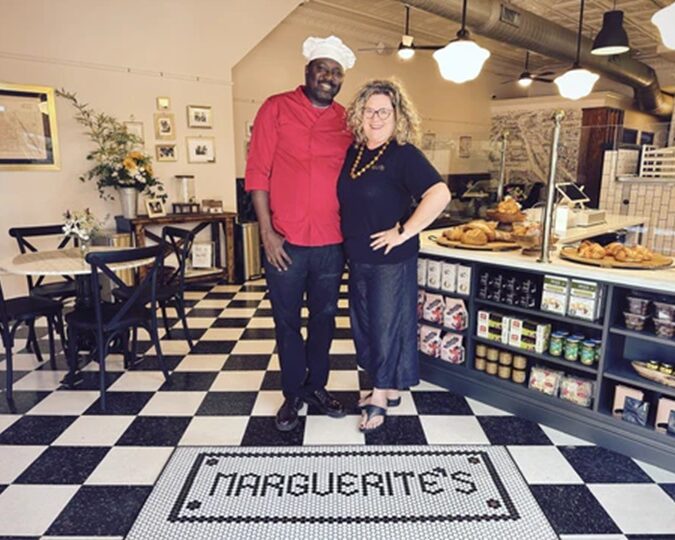On Thursday, Sept.18, more than 200 people came to Sabathani Community Center on 38th Street to meet with Minneapolis Police Chief Janee Harteau. She didn’t show.
She said she had “credible information from a long-standing community leader, in addition to a number of other sources, about planned physical disruptions” that were supposed to take place at the community listening session.
Council Member Cano, who organized the meeting, said she was “deeply disappointed.”
The We Win Institute, an Afro-centric cultural organization for children, performed a drumming and dance program for an hour before the panel discussion. Titilayo Bediako, the founder of We Win and organizer of the program, said, “She is not here because she is afraid of you. And we are here because we’re trying to keep our community safe from the people whose salaries we pay.”
Nekima Levy-Pounds, professor of law at the University of St. Thomas and the moderator of the event, said she was “disgusted” by the chief’s decision, “This is supposed to be a democracy. You have a right to be heard. Call the chief. Show up at City Council meetings. Be concerned. Vote. People have lost faith in a system that has no accountability.”
Also, Minneapolis City Attorney Susan Segal, who was scheduled to be a panelist, did not show up.
A new group, “The Coalition for Critical Change Twin Cities,” had circulated a plan of action for organizing for the listening session with the chief. They said people should wear red and hold signs calling for demilitarizing the police and calling for transparency and accountability. They wanted to know why military exercises with helicopters were taking place over South Minneapolis, and they were concerned about recent instances of police brutality.
The meeting was very orderly. One person spoke up loudly at one point and Nekima Levy-Pounds told him he had to be respectful of other people speaking, and he would have a time and opportunity to speak. Other than that, it was a passionate but very polite audience.
Two members of the City Council were present besides Alondra Cano. Elizabeth Glidden apologized for the absence of the chief.
Cam Gordon later said about the event: “I believe there was absolutely no public safety risk, and no indication whatsoever that there would have been had representatives been there from the Minneapolis Police Department or the City Attorney’s Office. It was civil and respectful, with some heated comments made in an orderly manner during a well-planned and well-run meeting. Everyone seemed to be focused on getting a better understanding of the problem and on working to find and implement solutions.”
On his blog he had written a number of recommendations for the city:
“On the state and federal levels I, and the city, should support efforts to:
1. Dismantle and gain control of the prison industrial complex, which promotes mass incarceration and allows economic interests and racist tendencies to drive criminal justice policies and practices.
2. End the militarization of police, including training in military tactics and possession of military ammunition.
3. End the failed drug policies that treat drug abuse as a criminal instead of medical, public health or social problem.
4. End the criminalization and harassment of new immigrants and transformation of border areas into military zones—most recently evident in proposals that would deny asylum to young children fleeing violence and extreme poverty in Central America.
5. Restore privacy and constitutional protections from government power: end mass surveillance programs and outlaw harassment, infiltration and provocation directed against organizations and individuals who express dissent.”
Longtime MPD gadfly Chuck Turchik made this comment on the decision of the chief: “Two attitudes/mindsets that can often lead to problems in police officer-citizen interactions are a lack of respect and an over-reaction to perceived ‘threats.’ I think Chief Harteau’s absence at this event unfortunately was an example of both of those characteristics.”
At a meeting with a representative of the chief’s office the next day, Turchik expressed the concern of many when he said there is a need for a credible civilian oversight committee to examine the controversial actions of the MPD.
Jordan Kushner, an attorney with experience handling police brutality issues, summed it up: “It is totally unacceptable for someone in Harteau’s position to completely shun the public and reneg on a commitment because she might not like what some people have to say, the way they express it, or even because there is a reason to believe that one or a few people may act inappropriately. And this all demonstrates the chief’s pathetic non-relationship with a large part of the community she is supposed to serve.”

























